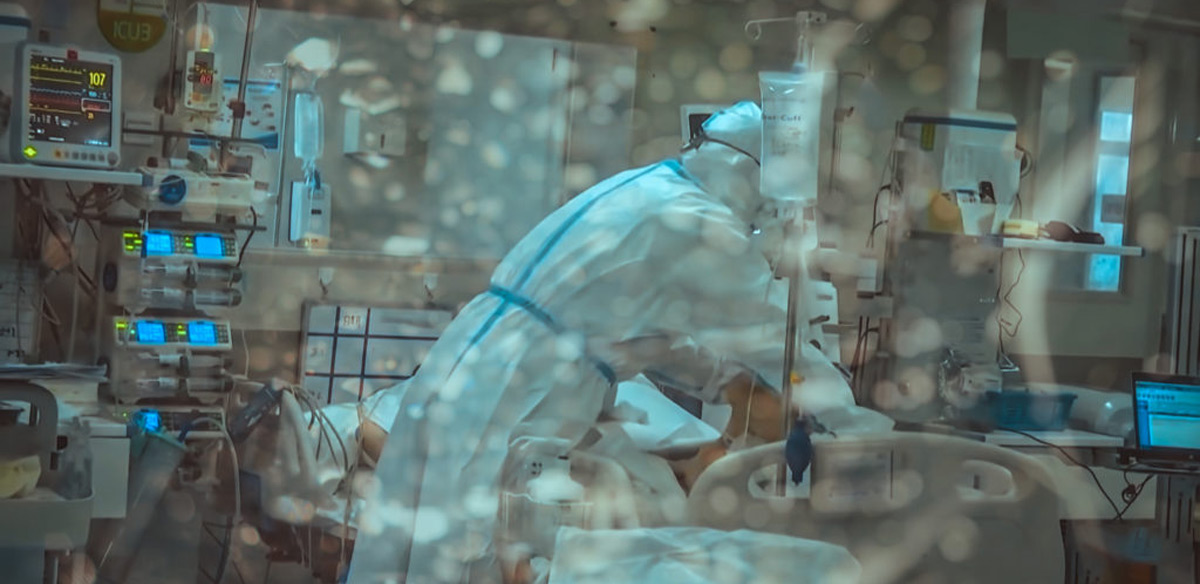
In just six months, the world’s largest randomized control trial on COVID-19 therapeutics has generated conclusive evidence on the effectiveness of repurposed drugs for the treatment of COVID-19.
Interim results from the Solidarity Therapeutics Trial, coordinated by the World Health Organization, indicate that remdesivir, hydroxychloroquine, lopinavir/ritonavir and interferon regimens appeared to have little or no effect on 28-day mortality or the in-hospital course of COVID-19 among hospitalized patients. In total, 11,266 patients across 405 hospitals were studied. The results of the trial are under review for publication in a medical journal and have been uploaded as a preprint.
The Canadian arm of the Solidarity Therapeutics Trial, called the Canadian Treatments for COVID-19 (CATCO) trial, is led by Dr. Srinivas Murthy at the University of British Columbia in Vancouver and Dr. Robert Fowler at Sunnybrook Health Sciences in Toronto.

Dr. Srinivas Murthy
The study, which spans more than 30 countries in total, looked at the effects of these treatments on overall mortality, initiation of ventilation, and duration of hospital stay in hospitalized patients. Other uses of the drugs, for example in treatment of patients in the community or for prevention, would have to be examined using different trials.
“While it may be disappointing that none of the drugs that we looked at—all of which had good reason to be effective—were very useful in helping patients who required hospitalization with COVID-19, this is exactly the type of evidence that is required to inform best care for patients in a pandemic,” said Dr. Murthy, critical care specialist and a clinical associate professor in UBC faculty of medicine’s department of pediatrics. “These results are hugely important for patients, policymakers and clinicians, allowing us to prioritize other therapies for study and make sure that patients get the right treatments for their disease.”
“These results are hugely important for patients, policymakers and clinicians, allowing us to prioritize other therapies for study and make sure that patients get the right treatments for their disease.”
Dr. Srinivas Murthy
“Clinical trials like this one are vital for telling us what should not be used, what should perhaps be used differently, and what should be tried next,” added Dr. Fowler, senior scientist at Sunnybrook Research Institute.
The progress achieved by the Solidarity Therapeutics Trial shows that large international trials are possible, even during a pandemic, and offer the promise of quickly and reliably answering critical public health questions concerning therapeutics.
The global platform of the Solidarity Trial is ready to rapidly evaluate promising new treatment options, with nearly 500 hospitals open as trial sites. Newer antiviral drugs, immunomodulators and anti-SARS COV-2 monoclonal antibodies are now being considered for evaluation.
The CATCO trial is being conducted with support from the Canadian Institutes of Health Research, as well as the Canadian Critical Care Trials Group, the Association of Medical Microbiology and Infectious Disease Canada.
Read the news release from the World Health Organization (WHO) here.